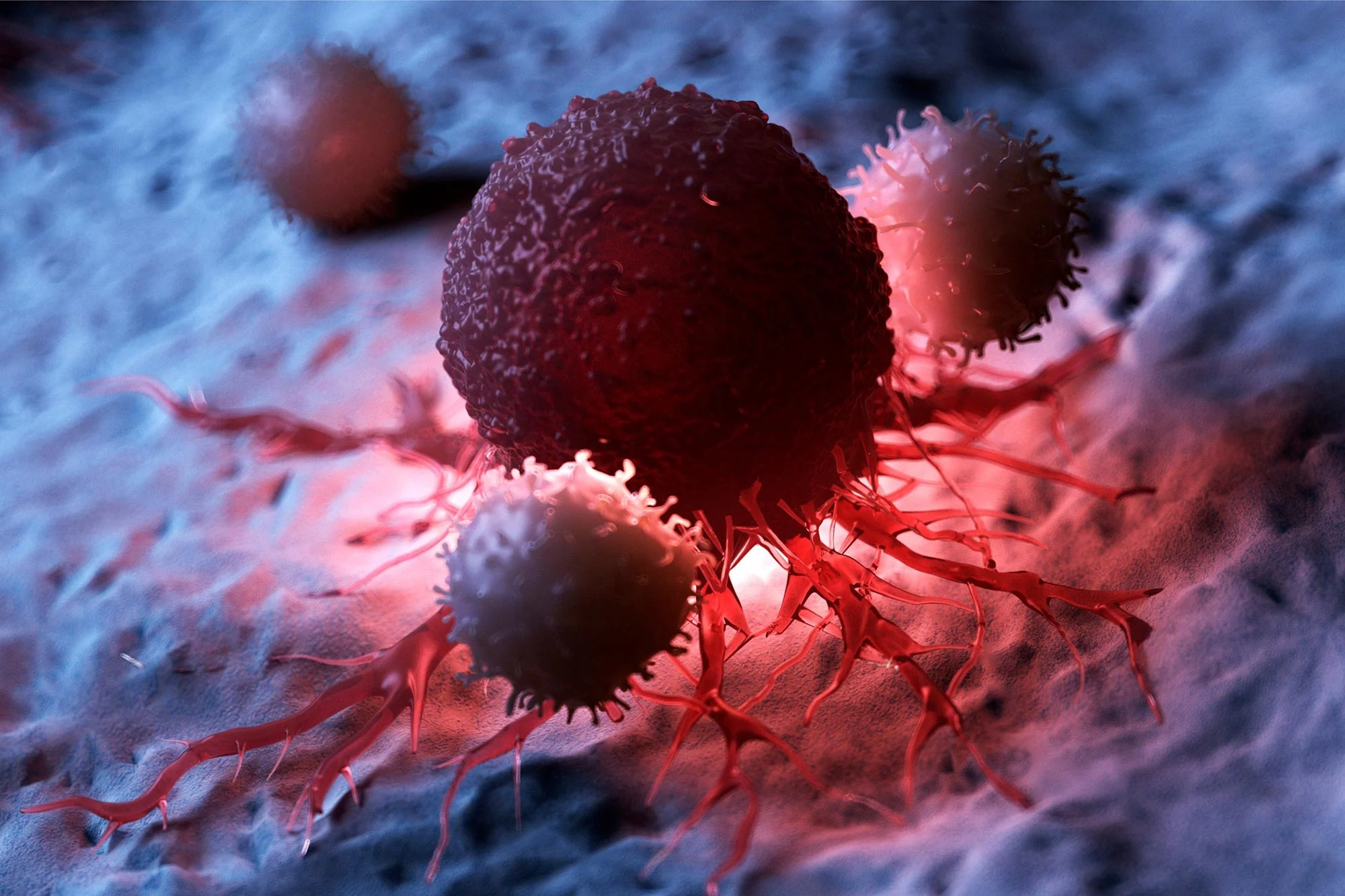Researchers at UC Riverside have made a significant breakthrough in cancer treatment, targeting a protein called MYC, which exacerbates 75% of human cancer cases. Typically, MYC plays a vital role in genetic transcription, facilitating the conversion of DNA into RNA and proteins. However, in cancer cells, MYC becomes hyperactive, fueling rapid tumor growth.
Controlling MYC’s overactivity has been challenging due to its lack of structure. To address this, the research team adopted an innovative approach. They developed a peptide compound that binds to MYC, effectively suppressing its harmful effects.
Their study, published in the Journal of the American Chemical Society, details how manipulating the shape and rigidity of the peptide enhances its interaction with the structureless MYC. By altering the peptide’s conformation to form rings, they reduced randomness, leading to improved binding.
The newly developed peptide demonstrates strong and specific binding to MYC, bringing researchers closer to their goal of developing effective cancer drugs. Currently, they are utilizing lipid nanoparticles for peptide delivery, with plans to enhance cellular uptake in future studies.
Once inside the cells, the peptide modifies MYC’s physical properties, preventing it from driving cancerous transcription activities. This groundbreaking research, supported by funding from the U.S. Department of Defense and the National Institutes of Health, holds promise for advancing cancer treatment.
Dr. Min Xue, the lead researcher, expressed excitement about the progress made. “MYC represents chaos due to its lack of structure,” says Dr. Xue. “But now, we have the opportunity to control it.”















































